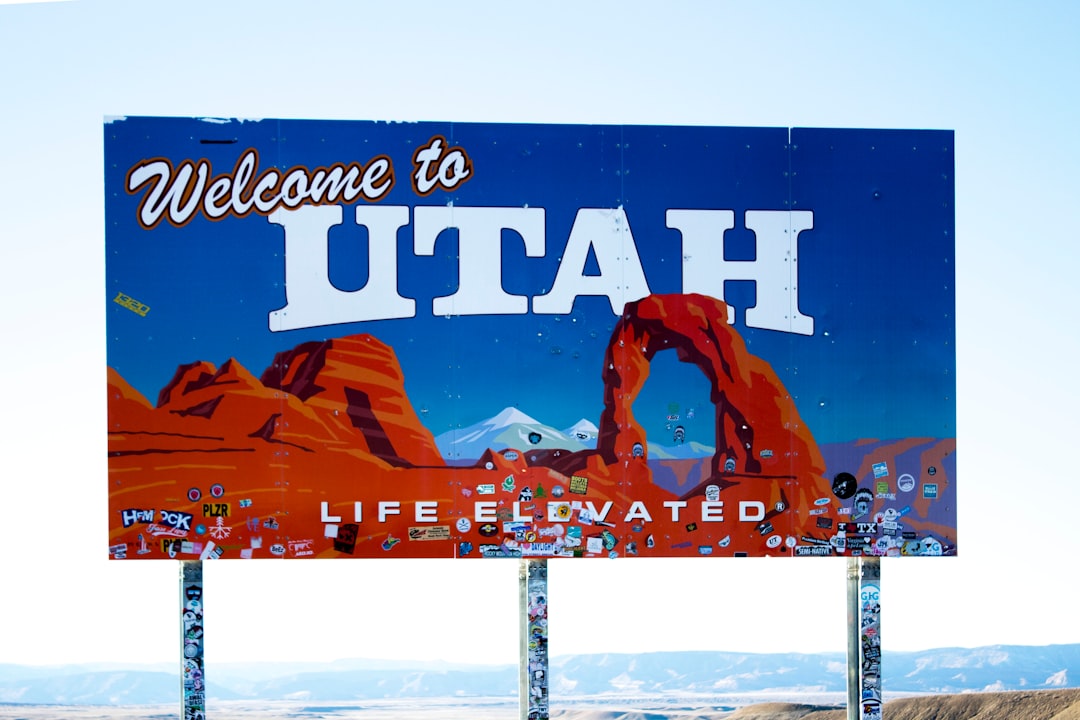In Utah, robocalls using prerecorded messages are regulated by strict laws to protect residents' privacy. These calls, often from spam call lawyers Utah promoting services, are illegal without explicit consent. The Telemarketing and Consumer Fraud Act (TCFA) prohibits automated dialing systems unless prior consent is given. Consulting a Spam Call Lawyer in Utah is recommended for dealing with spam calls, as they specialize in consumer protection laws like the Telephone Consumer Protection Act (TCPA), ensuring compliance and protecting individual rights.
In the digital age, robocalls have become a ubiquitous yet often unwanted part of daily life. Understanding the legal process surrounding these automated calls is crucial for both consumers and businesses in Utah. This article delves into the definition of a robocall under Utah law, explores the stringent regulations and protections in place to safeguard residents, and highlights the critical role spam call lawyers play in navigating this complex landscape. By understanding these dynamics, individuals can better protect themselves from intrusive calls and ensure compliance with legal requirements.
What Constitutes a Robocall in Utah?

In Utah, a robocall is typically defined as an automated telephone call that uses prerecorded or artificial voices to deliver a message to multiple recipients. This includes calls from spam call lawyers Utah or any other automated system designed to solicit, advertise, or promote products, services, or events. The state has implemented regulations to protect residents from unwanted and deceptive robocalls, ensuring consumers’ peace of mind and privacy.
Utah’s laws consider a robocall illegal if it is made without the prior express consent of the caller to receive such messages. This means that businesses or individuals using automated systems for marketing purposes must obtain explicit permission from the recipients before making any robocalls. Compliance with these rules is crucial to avoid legal repercussions and fines, especially for those engaged in spam calls, as Utah’s spam call lawyers can attest.
Legal Regulations and Protections Against Robocalls

In Utah, like many states, there are stringent laws in place to protect residents from unwanted and deceptive phone calls, commonly known as robocalls. The Telemarketing and Consumer Fraud Act (TCFA) is a key piece of legislation that restricts the practices of spammers and provides consumers with several safeguards. This act prohibits automated telephone dialing systems from calling private individuals unless they have given prior consent.
If you’re experiencing an excessive number of spam calls, consulting a Spam Call Lawyer in Utah can be beneficial. Legal experts specializing in this area can help navigate the complexities of the TCFA and other relevant regulations to ensure your rights are protected. They can also guide you on taking legal action against persistent robocallers, holding them accountable for violating consumer privacy laws.
The Role of Spam Call Lawyers in Utah

In Utah, as across the nation, spam call lawyers play a crucial role in navigating the complex legal landscape surrounding unsolicited phone calls, commonly known as robocalls. These attorneys specialize in consumer protection laws and have in-depth knowledge of regulations like the Telephone Consumer Protection Act (TCPA). Their expertise is invaluable when it comes to helping individuals and businesses protect themselves from illegal or nuisance robocalls.
Spam call lawyers Utah offer a range of services, including advising clients on how to stop unwanted calls, representing consumers who have been harmed by spam calls, and assisting companies in complying with TCPA standards to avoid legal repercussions. They guide their clients through the process of filing complaints, negotiating settlements, and even litigating against violators. Their work helps ensure that consumer rights are upheld and that businesses operate within the legal boundaries set for robocalling practices.






